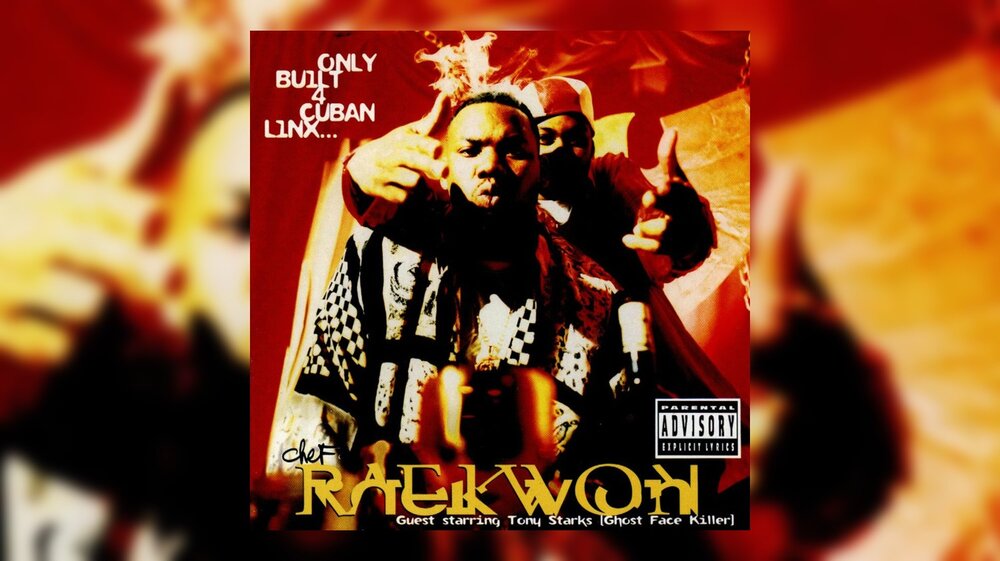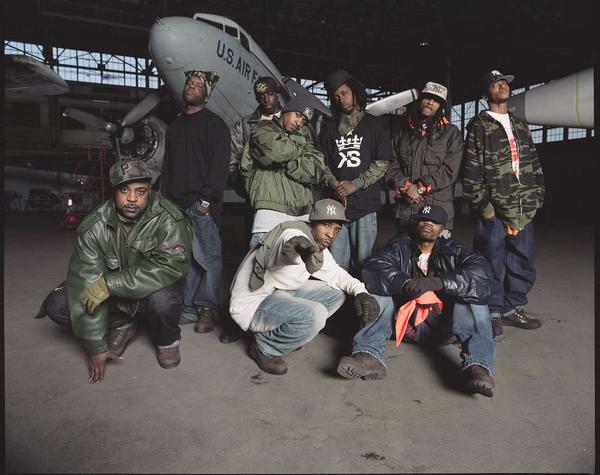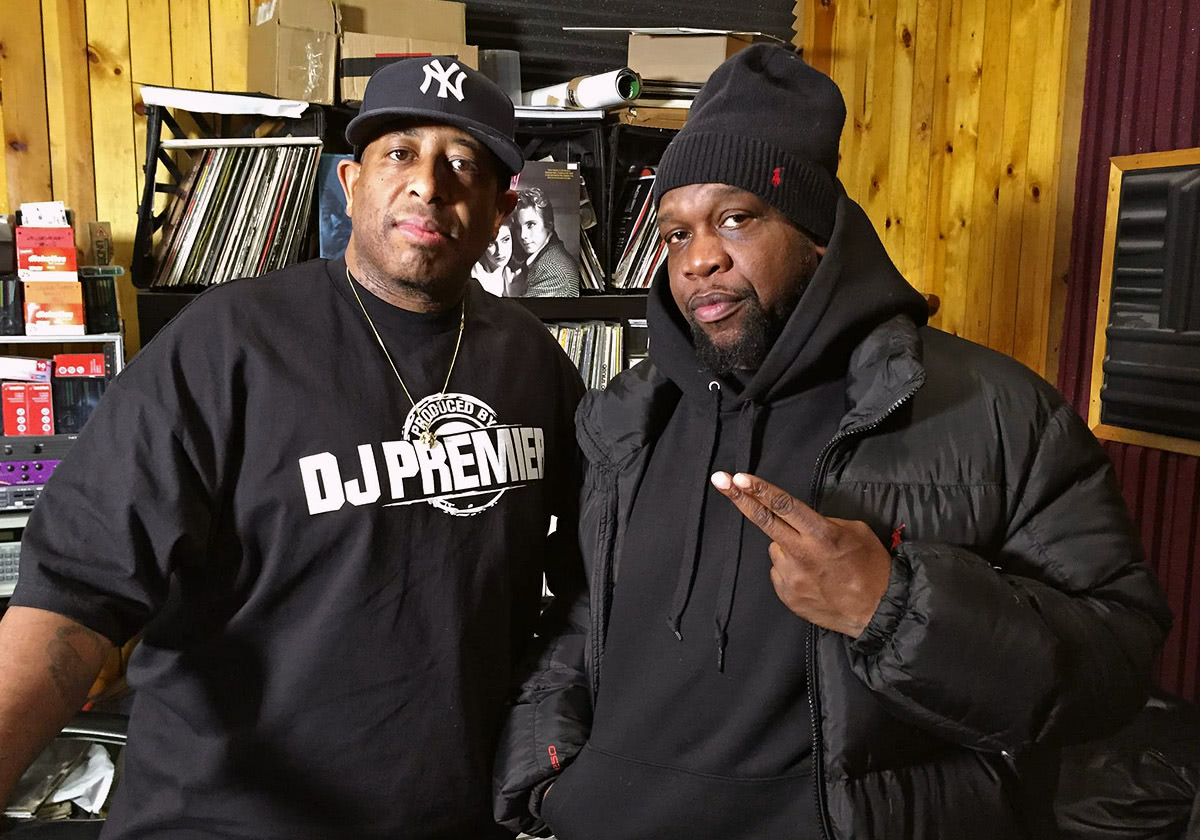During Hip-Hop’s formative years, the destitute and the downtrodden came together and created an art form that would both unify and inspire those devoid of hope.
Although based in the poor African-American and Latino communities of New York City’s urban concrete jungle, soon the art form spread to other communities and ethnicities who began to represent without being pretenders. The Beastie Boys, comprised of three Jewish kids, definitely fit this category as a former hardcore punk band turned hip hop trio that innovated with humor and rhyme syncopation.
Yesterday their debut album, License to Ill had its 30 year anniversary and its relevance is even more pronounced in today’s era of auto-tune rap and hip hops new transformative and all-encompassing musical sound.
Stepping out there as the first is never easy, especially when being labeled as a fraudulent, cultural appropriator is a potential consequence. But The Beastie Boys did so with confidence and poise, forming fortuitously when members Michael “Mike D” Diamond, Adam “MCA” Yauch and Adam “Ad-Rock” Horovitz coalesced in NYC nightclubs after stints in different bands. Eventually the group chose to commit their talents to the emerging, underground but trendy hip-hop sound.
The group recorded its first hip hop track, “Cooky Puss”, based on a prank call by the group to former NYC ice cream franchise, Carvel in 1983. It was a part of the new line-ups first EP, also called Cooky Puss, which was the first piece of work that showed their incorporation of the then underground musical phenomenon known as rap and Beasties adept use of samples. The song quickly became a hit in New York underground dance clubs and night clubs upon its release.
From 1984-1987, the world would quickly be entranced by The Beastie Boys movement when then NYU student turned DJ/indie Record Label owner Rick Rubin became their DJ and started producing records for them. When his partner Russell Simmons offered the group to be a part of his Def Jam Recordings, kismet was sparked and a slew of singles were released to make the world aware of the Jewish trio.
Rubin produced the 12-inch single “Rock Hard” in 1984 and by 1985, the band was a part of the supporting cast for Madonnas North American leg of The Virgin Tour. Later in the year, the group was on the Raising Hell tour with Run DMC, Whodini and LL Cool J.
The increased exposure from the tour, coupled with three new tracks being released and charting nationally on the Billboards, set the tone for License to Ill to take the world by storm.
After recording and releasing Licensed to Ill at the end of 1986, the album went on to sell 1 million copies, becoming certified platinum by the Recording Industry Association of America on February 2, 1987. Eventually the album was certified Diamond on March 4, 2015, solidifying its importance in hip-hop to this day.
License to Ill became the best selling rap album of the 1980’s and the first rap album to go No.1 on the Billboard album chart, where it stayed for five weeks. It also reached No. 2 on the Urban album charts.
It was Def Jam’s fastest selling debut record to date, with the most well-known single from the album, “(You Gotta) Fight for Your Right (To Party!)” reaching No. 7 on the Billboard Hot 100 and dominating the fresh airwaves of MTV.
The Licensed to Ill tour in 1987 cemented their legacy as one of the greatest new acts in the burgeoning nascence of the rap industry.
Eventually, The Beastie Boys parted ways with Def Jam and ended their relationship with Rick Rubinstein at the height of their initial success to sign with Capitol Records. Although intricately linked to Def Jams legacy as an early true school hip-hop originator, the group went their own way, selling to date 50 million records worldwide.
With the death of band member MCA in June 2014 due to cancer, Mike D and Ad-Rock decided to disband the group out of respect to Yauch.
The Beastie Boys changed the rap game and expanded its reach. With groups like 3rd Bass and House of Pain that followed, the doors would be open for artists like Eminem to take over the game.
Today’s widespread cultural acceptance of hip-hop’s non-traditional performers can be attributed to the early and instant success of The Beastie Boys.



